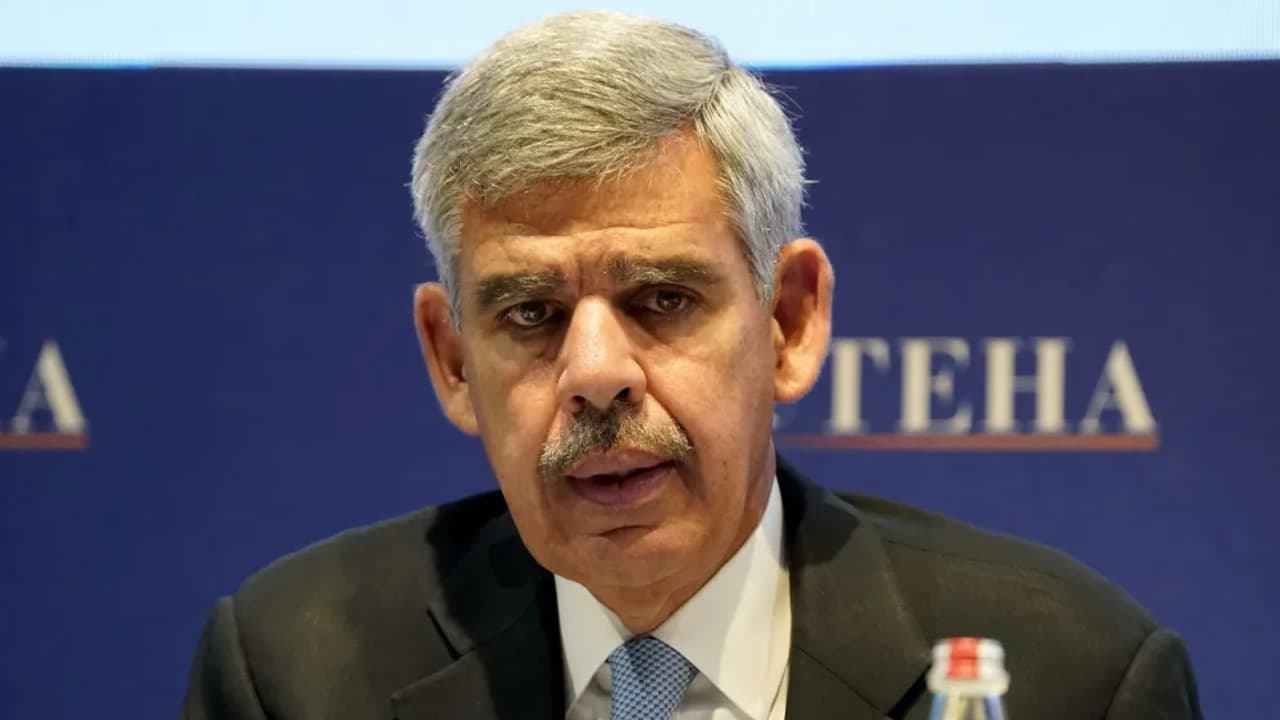He argued that while inflation fears tied to tariffs are easing, the resulting uptick in activity may keep inflation pressures alive.
Allianz chief economic advisor Mohamed El-Erian believes the next 90 days following a temporary tariff rollback between the United States and China will be anything but smooth for markets and the economy.

El-Erian cited a web of conflicting signals, geopolitical overhang, and cautious CEOs behind his thesis.
"It's not going to be a straight line," he told CNBC on Monday, adding that investors should brace for frustration as economists offer nuanced takes instead of clear direction.
The economist said interest rate cuts would be fewer and come later than previously expected. His comments follow the Federal Reserve's decision to keep rates unchanged at 4.25%-4.50%, even as the U.S. economy shrank 0.3% in the first quarter and Trump's tariffs added to uncertainty.
"And what we know for sure is that economic activity over the next 90 days will be higher than it would have been otherwise because people want to exploit a short-term window," El-Erian said.
"Now you're going to have some activity taking place — good for growth— but it will be taking place at a higher price, bad for inflation," he added.
Economists expect April's consumer prices to have risen 2.4% from a year earlier, the same as in March, and by 0.3% from the previous month.
The Fed's preferred measure, the Personal Consumption Expenditures (PCE) price index, climbed to 3.6% in Q1, up from 2.4% in the previous quarter.
While soft economic data has slumped, hard data remains solid, El-Erian said.
The economist believes some slowdown is ahead, but does not expect a spike in unemployment.
The labor market remains relatively stable. In April, the economy added 177,000 jobs, surpassing expectations, while the unemployment rate held steady at 4.2%
El-Erian said CEOs are largely in wait-and-see mode, unwilling to make long-term decisions like layoffs or significant investments amid so much uncertainty.
He also touched upon the restructuring of global supply chains. The prevailing "China plus one" strategy is evolving into "China plus two or three" as companies diversify risk and respond to geopolitical instability.
However, he said that a 10% tariff isn't enough to trigger mass reshoring, but will likely shift supply routes to other countries.
"Short-term inflation, long-term deflation — that's absolutely the case," he added.
El-Erian said the broader path still hinges on two possible destinations: a fragmented global economy or a stronger U.S. within a fairer trading system. For now, he sees the odds as 50-50, though momentum is slightly shifting in favor of the second.
On energy, El-Erian noted that oil prices remain a wildcard, with future moves depending heavily on President Trump's upcoming visits to the Middle East this week.
The Invesco QQQ Trust (QQQ) ETF and the SPDR S&P 500 ETF (SPY), which track major benchmark U.S. indices, have lost a little under 1% this year.
For updates and corrections, email newsroom[at]stocktwits[dot]com.<
